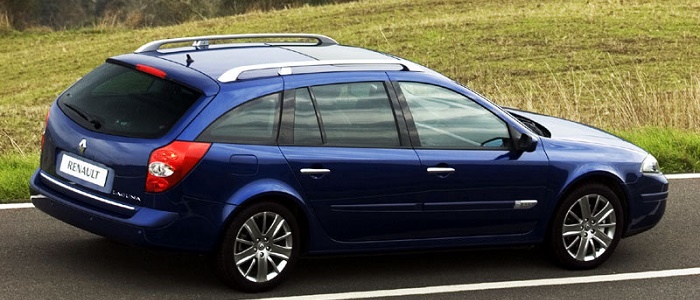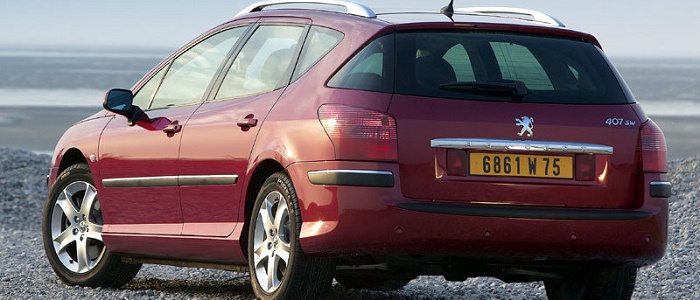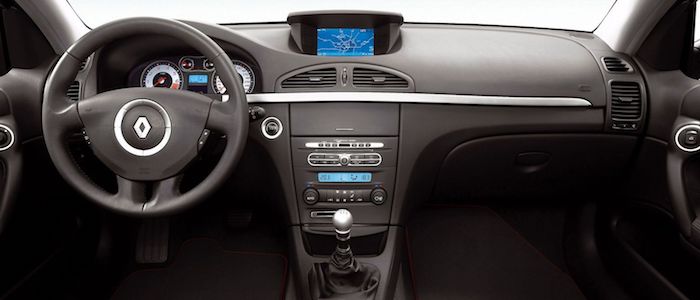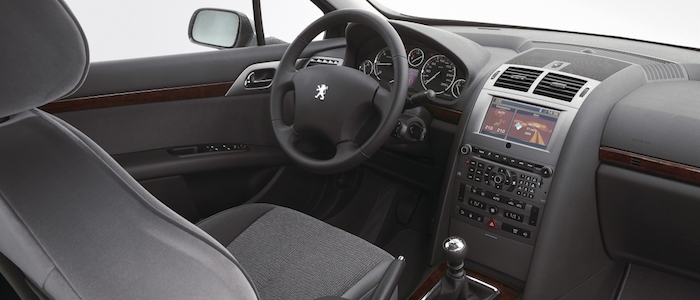Compare two cars
Compare any two cars and get our Virtual Adviser™ opinion
Dimensons & Outlines
Check vehicle history
Engine
2.0 dCi M9R 150
2.0 DW10 BTED4 / RHR
Performance (manual gearbox)
Performance (automatic gearbox)
Expenses
Virtual Adviser's™ opinion
Well, these are two pretty similar cars we have here! It's only details that could potentially make the difference. Considering they both belong to the large family car segment and utilize the same 5-door wagon body style and the front wheel drive system, it all comes up to the specific diesel engine choice they offer. The first one has a Renault-engineered powertrain under the hood, a 4-cylinder, 16-valves 150hp unit, while the other one gets its power and torque from a 4-cylinder, 16-valves 136hp engine designed by Peugeot.
SafetyThe first thing to look into here would be the results from European New Car Assessment Programme (Euro NCAP) tests performed on the two cars. Good thing is that both vehicles got tested, with the same number of safety stars gained in the process. That aside, let's consider some other aspects which affect safety. Both vehicles belong to the large family car segment, which is generally a good thing safety-wise, still it doesn't help us solve our dilemma, does it? On the other hand, when it comes to weight, a factor that most people underestimate, 407 offers a considerable difference of 13% more metal.
ReliabilityReliability is not the best thing to consider on the make level, but it is worth mentioning that both brands display similar results in faults and breakdowns, all the models observed together. That's the official data, while our visitors describe reliability of Renault with an average rating of 4.2, and models under the Peugeot badge with 4.3 out of 5. Independent research findings rank Laguna as average reliability-wise, and 407 is more or less at the same level.Above it all, drivers of cars with the same engine as Laguna rank it on average as 4.6, while the one under the competitor's bonnet gets 4.3 out of 5.
Performance & Fuel economyRenault is a bit more agile, reaching 100km/h in 0.9 seconds less than its competitor. In addition to that it accelerates all the way to 212 kilometers per hour, 9km/h more than the other car. When it comes to fuel economy things look pretty much the same for both cars, averaging around 6 liters of fuel per 100 kilometers (47 mpg), in combined cycle.
Verdict
Renault appears just a bit more reliable, although the difference is truly marginal. The most important thing when deciding between any two vehicles should always be safety, both passive and active. In my opinion, everything taken into account, 407 offers significantly better overall protection, taking the lead here. From there things take a different direction, with Renault being considerably quicker, thus putting more smile on driver's face. Fuel consumption is more or less the same. At the end, as much as I'd like to give you a winner here, it's simply a pure tie if you ask me. Anyway, that's the most objective conclusion I could've came up with and it's based solely on the information found on this website. Aspects such as design, practicality, brand value and driving experience are there for you to measure them out. I suggest you spend two more minutes in order to find out which car, based on your needs and budget, would be picked by the virtual adviser™, among more than 12.000 different ones in our database.
Related articles
Back in the 80's it was virtually impossible to describe any Volvo car without using insanely high number of superlatives. The MOST safe, the MOST reliable, the MOST comfortable... Still, they were puzzled on how to reach to a young drivers' hearts, creating the MOST interesting...


































